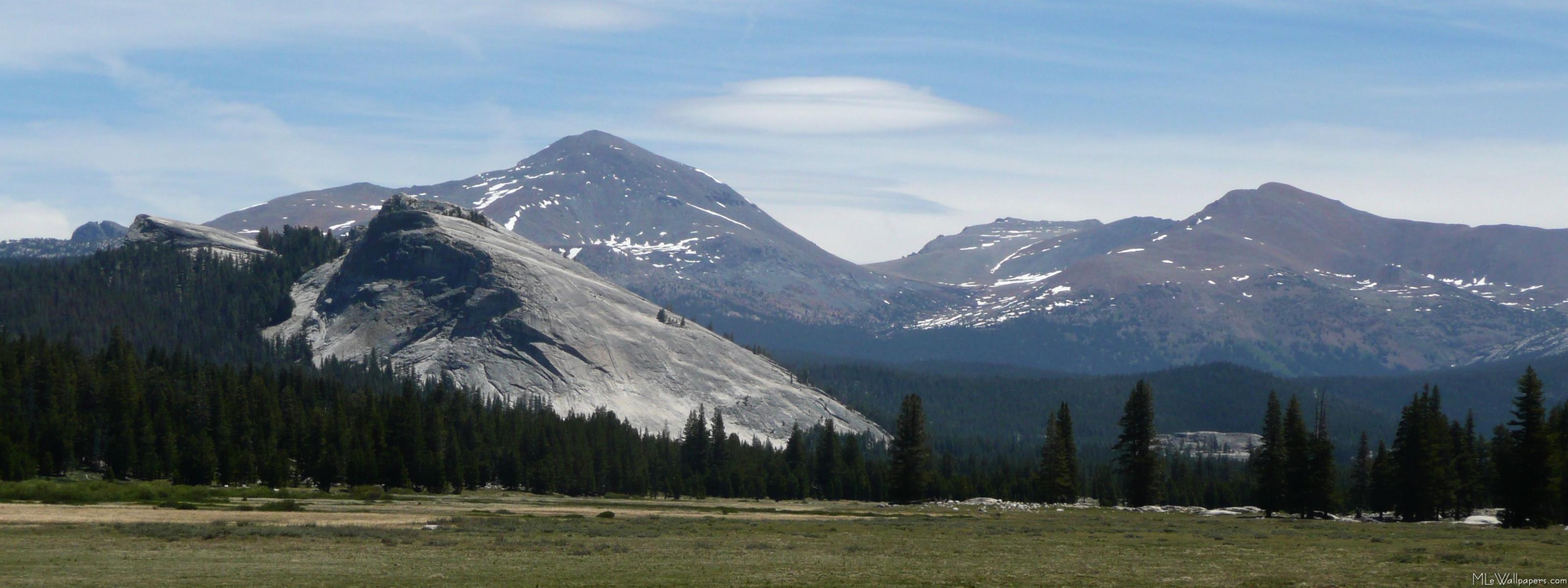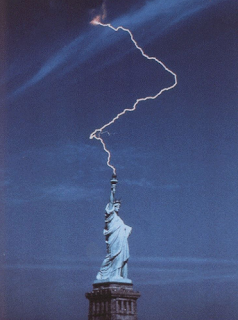The other day I saw that Oklahoma "banned" AP US History?!? What? How can a class be banned? Well, I took my training as an historian and looked into the matter. I read the bill and from my understanding it seems that it's just a bill that was approved by a committee that would withhold state funding for AP US History or state bonuses from schools that don't follow a list of historical documents. As many of us know, bills are at least a few steps away from becoming law and most bills never become law. You can see my favorite version of the federal process here:
Most of the documents in the bill are covered in my class at least tangentially every year and many of those not directly covered in APUSH are directly covered in my AP Government class.
However, what's more worrisome is that there is a movement that seeks to ironically impose a nationally approved understanding of US history when that is what many of those opposing the AP US History standards and Common Core are fighting to avoid.
Isn't just the debate over history the important part? Isn't this what history is? We're seeking to understand how we've become who we are and we're arguing over it. History is a lightning rod.
Many believe we need to make sure that we know our history before we can argue over what it is. Should we all be able to prove what we know? Should we be able to pass this test? What do those tests prove? They prove that we know something about US history, but could we have asked different or more questions? Of course! Isn't the fact that we can have this argument what America's all about? However, does any single person or state or legislative body have a monopoly on what is US history? The answer, obviously, is no!
So where does that leave us? I believe that the questions need to be something different. As my friend Homer Simpson always asks from a poster in my classroom:
As a US history teacher, I leave it to my students. I tell them that I'm not worried about agreeing with them, but understanding them. I also tell them that I'm not going to teach them WHAT to believe, but HOW to understand and explain what they believe. This is where my friend Homer Simpson comes in. If they can tell me how they know what they know, then I'm much more likely to understand what they are saying and more importantly, they will be able to understand and explain to themselves what they know and believe. This is what they can take out of my class beyond the themes and ideas inherent in US history. They can make arguments about any subject. They can get a job and qualify for a loan if they can answer this question for themselves. They have gained power from my US history class.
With that in mind, how do the legislators in Oklahoma who are creating these bills know what they know? Did they learn it in their high school history classes? Or, as I hope, did it start in school and then continue out into the real world where history lives everywhere around them? Isn't this the bigger question that the electorate in every state needs to ask their legislators? How do you know what you know?
This brings us back to our original question. Isn't history meant to be a lightning rod? And shouldn't that bring us back to the more fundamental question of how we know what we know and how we understand and explain what we know?
What do you think? Learning is my business!



No comments:
Post a Comment